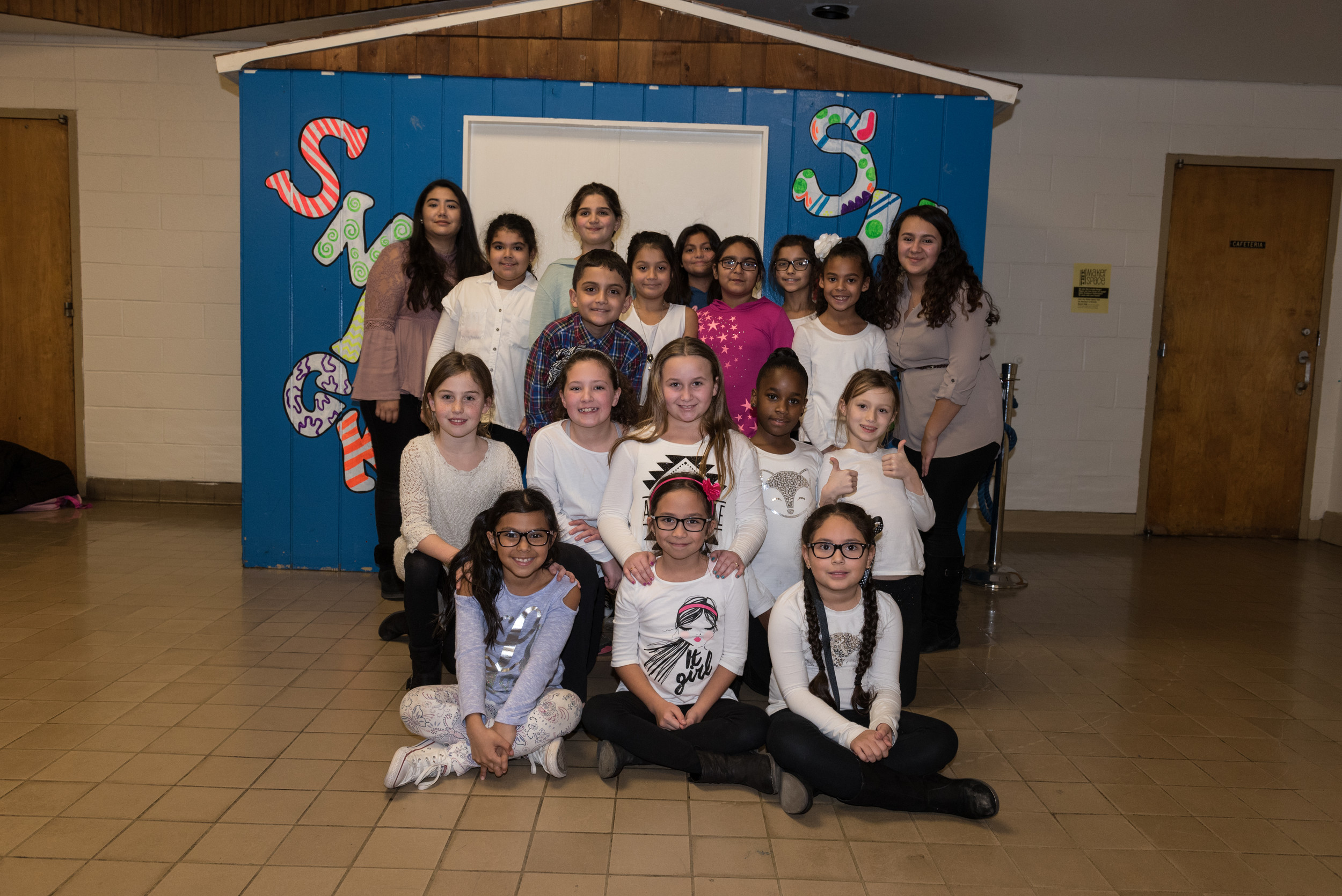Glen Cove Latinos seek a voice in Trump’s America
A man in Los Angeles was taken away by U.S. Immigration and Customs Enforcement agents after dropping his children off at school. A woman in Phoenix was deported to Mexico after being arrested in front of her four children.
These are just two of the reported incidents that resulted from the signing of two executive orders by President Trump in January and earlier this month, calling for new guidelines for immigration and the hiring of thousands of additional enforcements agents. The orders shortened the deportation process, and made it clear that the help of local law enforcement may now be enlisted more often.
Susana Armentia has lived in Glen Cove for 25 years, and works with local low-income families at the Economic Opportunity Commission of Nassau County. Her office, at 4 Mason Drive, is in Glen Cove’s Kennedy Heights Housing Project. Armentia says that the stories in the news are frightening area Latinos. She knows firsthand, because many of those low-income families are Latino.
“These families were expressing to me how concerned they were when Trump came into office,” Armentia said. “Kids would tell me they were scared that their parents would be gone when they got home from school.”
Armentia, 46, is running for Glen Cove’s City Council. If she wins, she will fill what she considers a much-needed spot, representing Glen Cove Latinos. “There are over 8,000 Latinos in Glen Cove,” she said. “But we currently have no representation in our city’s government.”
According to a 2015 U.S. Census Bureau survey, 28 percent of Glen Cove’s population is Latino — more than twice the proportion it was two decades ago.
The advocacy group Unidas en Glen Cove, or Glen Cove United, is backing Armentia’s candidacy. The organization’s head, Ever Padilla, was instrumental in getting her on the ballot.
Armentia and Padilla have been working with other city advocates to provide help and information for the Latino population. Recently Armentia organized a workshop that featured presentations by immigration lawyers, an expert on the Affordable Care Act and a Glen Cove judge. The purpose of the workshop was to inform the Latino community — and specifically immigrants — about their rights. “Many immigrants don’t have documents,” Padilla said. “But they still have rights, and we want them to know their rights.”
Each lawyer at the workshop spoke to a specific immigration concern. “One lawyer told them how they don’t have to answer the door if ICE or the INS comes,” Armentia said, referring to the former U.S. Immigration and Naturalization Service. “Another advised them on how to set up guardianship for their kids if they should be deported.”
At a Feb. 28 City Council meeting, Glen Cove Chief of Police William Whitton and Deputy Chief Christopher Ortiz addressed concerns about possible immigration enforcement in Glen Cove. “If you’re being victimized, we want to resolve that,” Ortiz said. “Immigration status should never, and will never, factor into that.”
According to Armentia, however, this was not always the case with the Police Department. In 2014, she said, a Latino man was beaten in front of a smoke shop on Forest Avenue.
“The police were called, but they refused to take a report because the man who was attacked was undocumented,” Armentia said. She added that after the mayor and Ortiz were informed, a report was filed and arrests were eventually made.
Unidas en Glen Cove appears to be trying to fill the void left when the Glen Cove-based advocacy group La Fuerza Unida became less active in 2011. In an interview at the time of his retirement, the organization’s executive director, Pasqual Blanco, spoke of the difficulty of organizing the Latino community.
According to the 2015 census, only 40 percent of Latinos living in Glen Cove are eligible to vote.
Last May, Glen Cove elected a Latino school board member, Alexander Juarez. A graduate of Glen Cove High School, Juarez’s role is unique on the board, in light of the fact that 57 percent of the district’s students are of Latino descent, according to the Census. Although Padilla said he was not directly involved in Juarez’s campaign, he supported his run. “When I found out Alex was running, it was too late to back him officially,” Padilla said. “But I told everyone I knew to vote for him.”
Padilla said that Latino representation in government helps not just the Hispanic community in Glen Cove, but all residents. If immigrant parents learn to speak English, Padilla said, they can help their children do better in school, and the schools’ rankings will improve, which will draw more potential homebuyers to Glen Cove.
“The bottom line is we are trying to help everyone in Glen Cove,” Padilla said. “[There are] a lot of things in Glen Cove that can be done, and we can do it together.”






